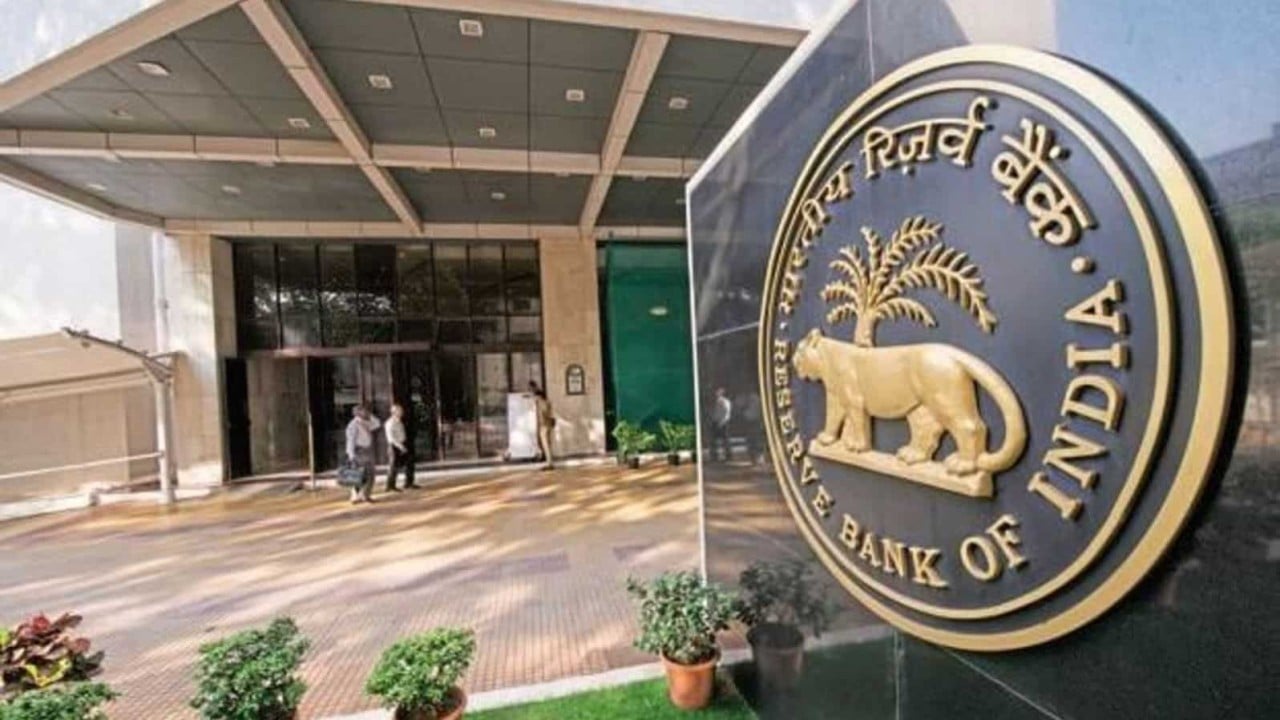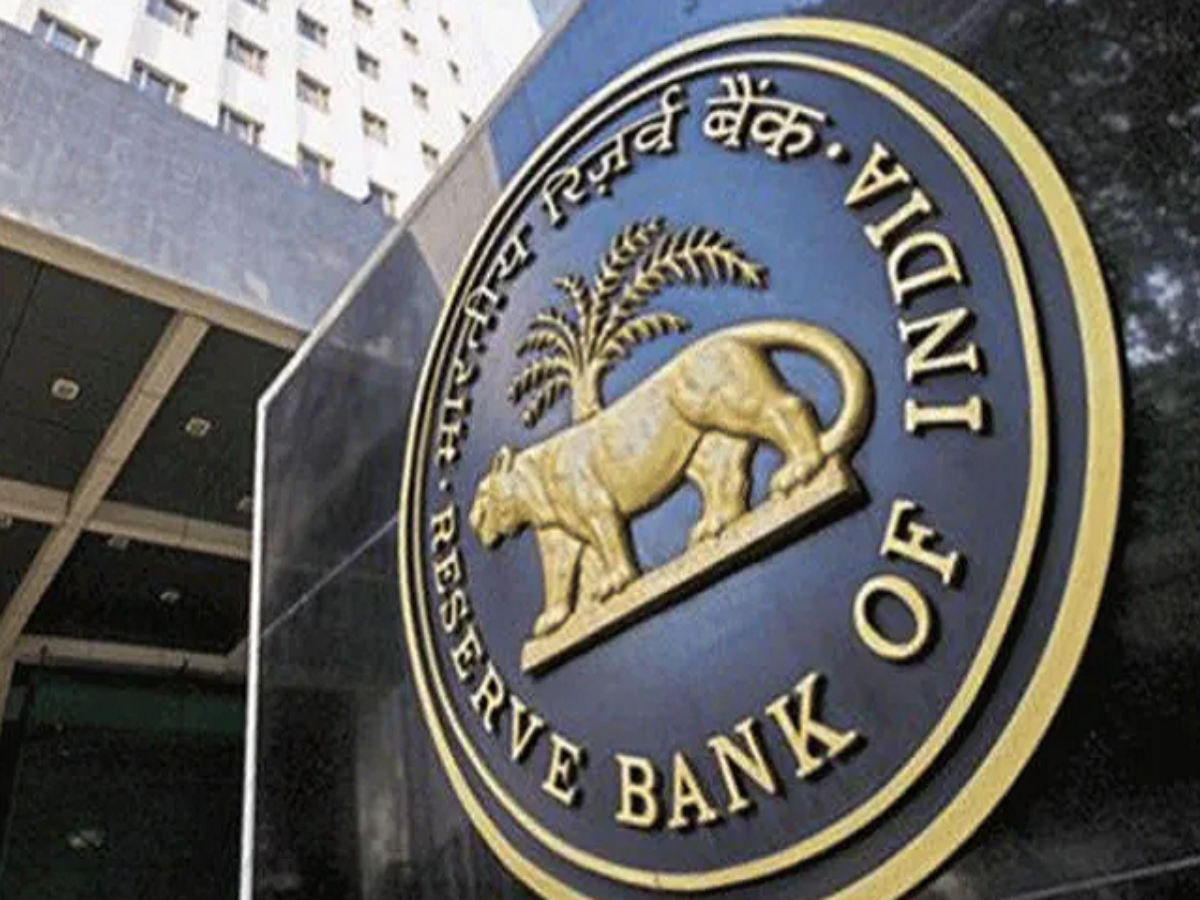India has shortage of Automated Teller Machines (ATMs) to serve its population and things are likely to get drastically worse with the Confederation of ATM Industry (CATMi) warning that nearly half of the present machines may be shut down by March 2019 due to unviability of operations.
This would hit hard both urban and rural population, bring back the long, serpentine queues at ATMs in the days following demonetisation, and dealing a blow to the digitization policy, the CATMi said.
And this would once again be for reasons of orders from a government with a penchant for coming up with ever new orders to regulate cash and its disbursement.
Changes in regulatory landscape are making it unviable to operate ATMs and may lead to the closure of half of the 2.38 lakh machines in the country by March 2019, reported PTI, quoting CATMI.
Post demonetisation some 2.4 lakh Automatic Teller Machines (ATM) across the country were first recalibrated to dispense the newly introduced Rs 500 and Rs 2,000 notes, said an Indiatimes report.
Immediately after that, the ATMs had to be once again recalibrated to accommodate the newly introduced Rs 200 denomination notes.
But even before this was completed, the government introduced the new Rs 100 notes, with a new dimension of 66 mm x 142 mm as against the current note’s dimension of 157 mm x 73 mm. This effectively meant that the machines had to be recalibrated once again!
In July, when the new Rs 100 notes were introduced those in the banking industry had said that it would take some Rs 100 crore and nearly a year to recalibrate the ATMs to dispense the new notes.
According to those in the industry, recalibration of ATMs led to additional cost for banks and to ATM service providers. It cost Rs 3,000 per ATM to accommodate new currency.
After spending all these amounts, now some 1.13 lakh ATMs out of the total 2.38 lakh machines across the country are facing shutdown as ATM service providers have threatened to close them down by March 2019 citing unviability in their operations.
These numbers include approximately one lakh off-site ATMs and over 15,000 white label ATMs.
India has among the lowest ATM penetration globally, averaging 8.9 ATMs per 100,000 population, compared to Brazil’s 119.6, Thailand’s 78, South Africa’s 60 and Malaysia’s 56.4. China has a staggering one million ATMs, which will touch 1.5 million by 2020.
The forced closure is on account of unviability of operations brought about by recent regulatory guidelines for ATMs hardware and software upgrades, recent mandates on cash management standards and the cassette swap method of loading cash, industry officials said.
“A large number of ATMs in non-urban locations may be shut down due to unviability of operations,” said the CATMi. This may result in long queues and chaos similar to what the country witnessed when ATMs were not dispensing cash, post demonetisation, it said.
“This would severely impact millions of beneficiaries under the Pradhan Mantri Jan Dhan Yojana who withdraw subsidies in form of cash through ATMs, besides urban centres, resulting in snaky queues and chaos akin to post-demonetisation,” CATMi Director V. Balasubramanian told IANS.
He said the CATMi step is forced on account of recent regulatory guidelines for ATMs hardware and software upgrades, recent mandates on cash management standards and the Cassette Swap method of loading cash, entailing huge investments by the industry.
ATM service providers, which include the ATM managed service providers (MSPs), brown-label ATM deployers (BLAs) and White Label ATM Operators (WLAOs), are already reeling under the financial impact caused by huge losses during and post-demonetisation as cash supply was impacted and remained inconsistent for months, according to CATMi.
The situation has further deteriorated now due to the additional compliance requirements that call for a huge cost outlay. The service providers do not have the financial means to meet such massive costs and may be forced to shut down these ATMs, unless banks step in to bear the load of the additional cost of compliances.
Balasubramanian said to implement the Cassette Swap alone would need an additional outlay of Rs 3,500 crore for CATMi.
In April this year, the Reserve Bank of India (RBI) imposed stringent guidelines for ATMs service providers or their contractors followed by the Union Ministry of Home Affairs issuing similar directives vide gazette notification to be implemented by February 9.
These include a minimum net worth requirement of Rs 100 crore, minimum fleet size of 300 fully-equipped cash vans, two custodians and two armed guards plus a driver, GPS-CCTV, and later in June came the diktat for upgradation of the software from WindowXP to Window10.
“To implement all these security, software-hardware directive would entail an additional cost of minimum Rs 150,000 per ATM per month. This works out to astronomical figures for all the 238,000 ATMs in the country,” Balasubramanian pointed out.
CATMi said unless ATM deployers are compensated by banks for making these investments, there is likely to be a scenario where contracts are surrendered, leading to large-scale closure of ATMs.
“The RBI-MHA directives are to be implemented by the banks which must bear the costs, but they are not willing to discuss the issue, leaving us to fend for ourselves. Accordingly, from January onwards, we shall progressively start shutting down the ATMs,” he said.
Several hundred thousand jobs ride on this industry and as per CATMI estimates, the closure of ATMs may result in considerable job losses that would be detrimental to financial services in the economy as a whole.
The association said that revenues from providing ATMs as a service are not growing at all due to very low ATM interchange and ever-increasing costs. An additional outlay of about Rs 3,500 crore — only for complying with the new cash logistics and cassette swap method — will be required. These requirements were never anticipated by the industry participants at the time of signing contracts with the banks. Many of these agreements were inked four to five years ago when no such requirements were in sight.
“These compliance costs may also see the 15,000-plus white label ATMs going out of business. WLA operators already have huge accumulated losses and are in no position to bear additional costs. ATM interchange, the only source of revenue for WLAOs, has remained static despite frantic pleas to increase the rates,” said an ATM service provider.
Of the approximately 238,000 ATMs in the country, an average 10 percent are non-functional at any given point of time for various reasons.
However, to adequately cater to the entire country’s population, the need is almost three-four times more, or around a million ATMs, says CATMi.
Of these (238,000 ATMs), nearly 80 percent are located in urban or semi-urban areas and the rest in rural areas.
Major industry players say that barring the metros and urban centres, people in states like Uttar Pradesh, Maharashtra, Bihar, West Bengal, Madhya Pradesh and others have to travel 40 km or more to access an ATM.
“Moreover, as per official data, barely 30 per cent of bank account holders in the country regularly use their ATM cards… the others prefer cash transactions. There are problems of infrastructure and connectivity which hamper growth of ATMs network,” Balasubramanian said.


 India News19 hours ago
India News19 hours ago
 Latest world news18 hours ago
Latest world news18 hours ago
 Latest world news4 hours ago
Latest world news4 hours ago
 Latest world news4 hours ago
Latest world news4 hours ago
 India News4 hours ago
India News4 hours ago
 Latest world news4 hours ago
Latest world news4 hours ago
 India News4 hours ago
India News4 hours ago













